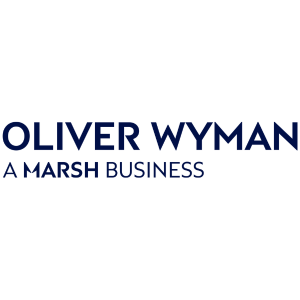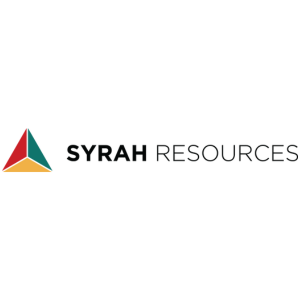Africa Legal sits down with Daniel Driscoll, VP of Legal & Compliance at Endeavour Mining
|
Daniel Driscoll, the Vice President of Legal & Compliance at Endeavour Mining, the largest producer of gold in West Africa, spoke to Angelique Ardé about the growing trend of “international African lawyers” in the energy, resources and infrastructure legal markets. A specialist energy, resources and infrastructure lawyer focused on the African market, Driscoll was also a panellist in the UK-Africa Legal Services Spring Conference which recently took place online. He describes “international African lawyers” as legal professionals who may have been partially educated outside of Africa and trained at a major international law firm. |
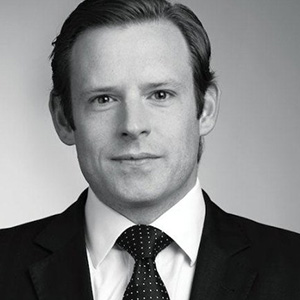 |
"We saw this trend in China and the Middle East 10 to 15 years ago,” he says, “but it is now becoming more common across the African legal market.”
“These lawyers tend to be multilingual, have strong project management skills, commercial acumen, and understand the needs of international companies investing in Africa. Internationally-trained African lawyers are increasingly heading back to their home countries to establish law firms to advise international investors. Some of these firms are starting to challenge the traditional ‘international’ law firms for certain mandates,” he says.
African law firms can “stand out” by providing excellent client service in their home jurisdiction. “Some African firms are trying to compete with the traditional international firms by establishing offices in several jurisdictions across the continent but many of them are prioritising their geographic footprint over excellent client service.”
Knowing one jurisdiction exceptionally well and providing timely commercial advice makes an African law firm “stand out.” One of the reasons for using an international law firm even on simple mandates is that they quality control the local advice. However, it can increase costs substantially, Driscoll says. African law firms that understand the drivers of their client’s business and can provide clear, practical and well written advice can eliminate the need to use an international law firm as an intermediary.
The question of whether to use an international law firm or a local African firm depended on the questions to be addressed, and the strength and depths of the local legal market.
“If it’s an English law matter or an international dispute that has an African angle to it, then international investors will go to an English firm with the African experience required to understand the practical aspects of the matter. For local matters, however, it can be more efficient to go directly to a local firm. It then becomes a question of finding the right firm for the job, and that’s where it really depends on the quality of the local legal market. In some African jurisdictions there’s very little choice for high quality legal advice. In other markets, it’s about understanding which firm is the leader in a particular area. Some firms claim to be experts in everything but excel in only one or two discrete areas of law.”
An experienced general counsel who knows the African legal market knows when to use an international law firm and when to go directly to a local firm. It’s about assessing the situation and the lawyer understanding their familiarity with the market and the quality of the local law firms. “When one doesn’t know the local legal market, then one is more inclined to use an international law firm that does,” Driscoll says, “but building an in-house team with the right linguistic skills, legal training and experience can also make it easier to go directly to the local firms and achieve cost efficiencies.”
“I think we are at the beginning of a period of significant change in the African law market. As we saw in China and the Middle East, it starts with the local lawyers training in the international firms. Some of these lawyers return home to start high quality local firms while others go on to become partners in the international firms. Some will also end up in-house. It takes time for a market to build up a critical mass of lawyers who have the required international experience, and some markets are developing more quickly than others. Countries with a long established extractives sector definitely have a head start – but other jurisdictions are catching-up.”
This article was written by Africa Legal, please click here to see the orginial article.
Africa Legal, Mining Indaba and Africa Oil Week are hosting the Virtual Extractives GC Forum on 29-30 June 2021. To attend click here.
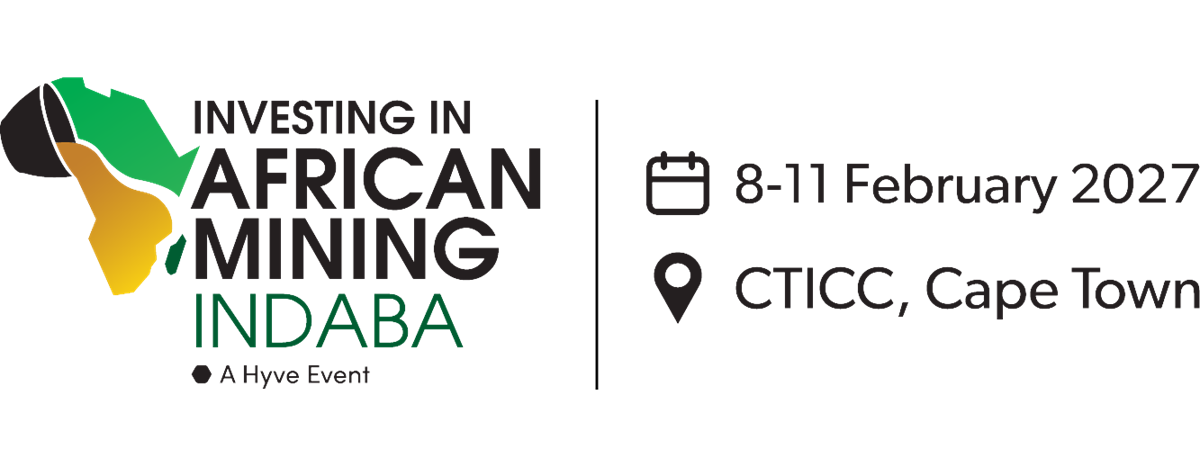

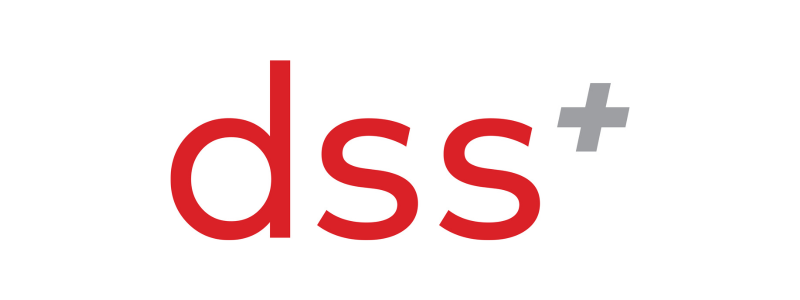


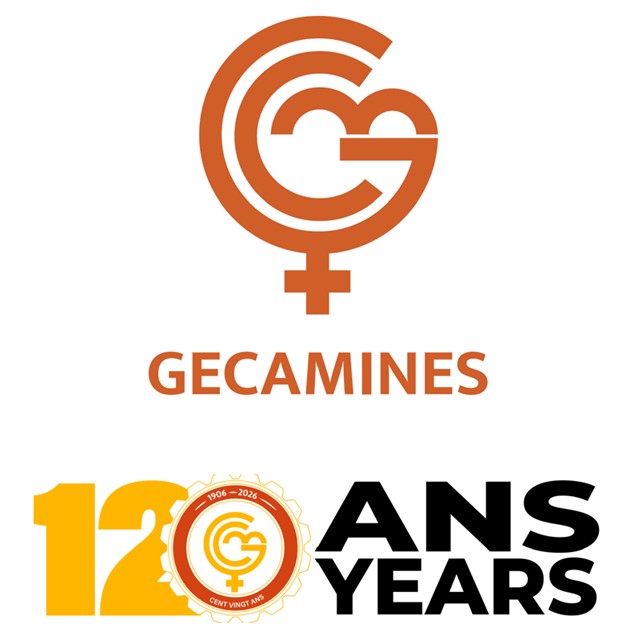
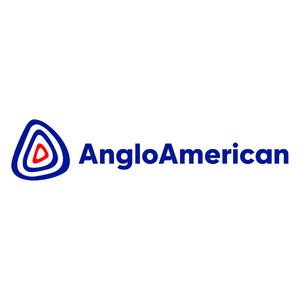
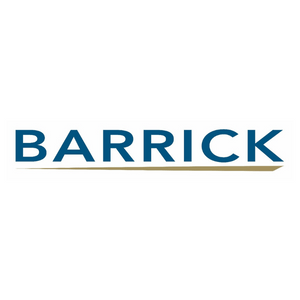
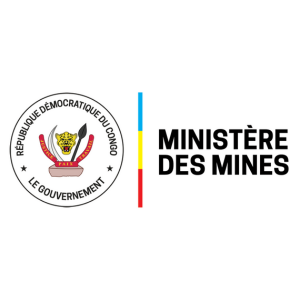
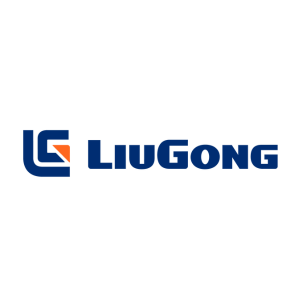
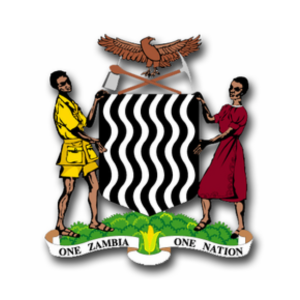

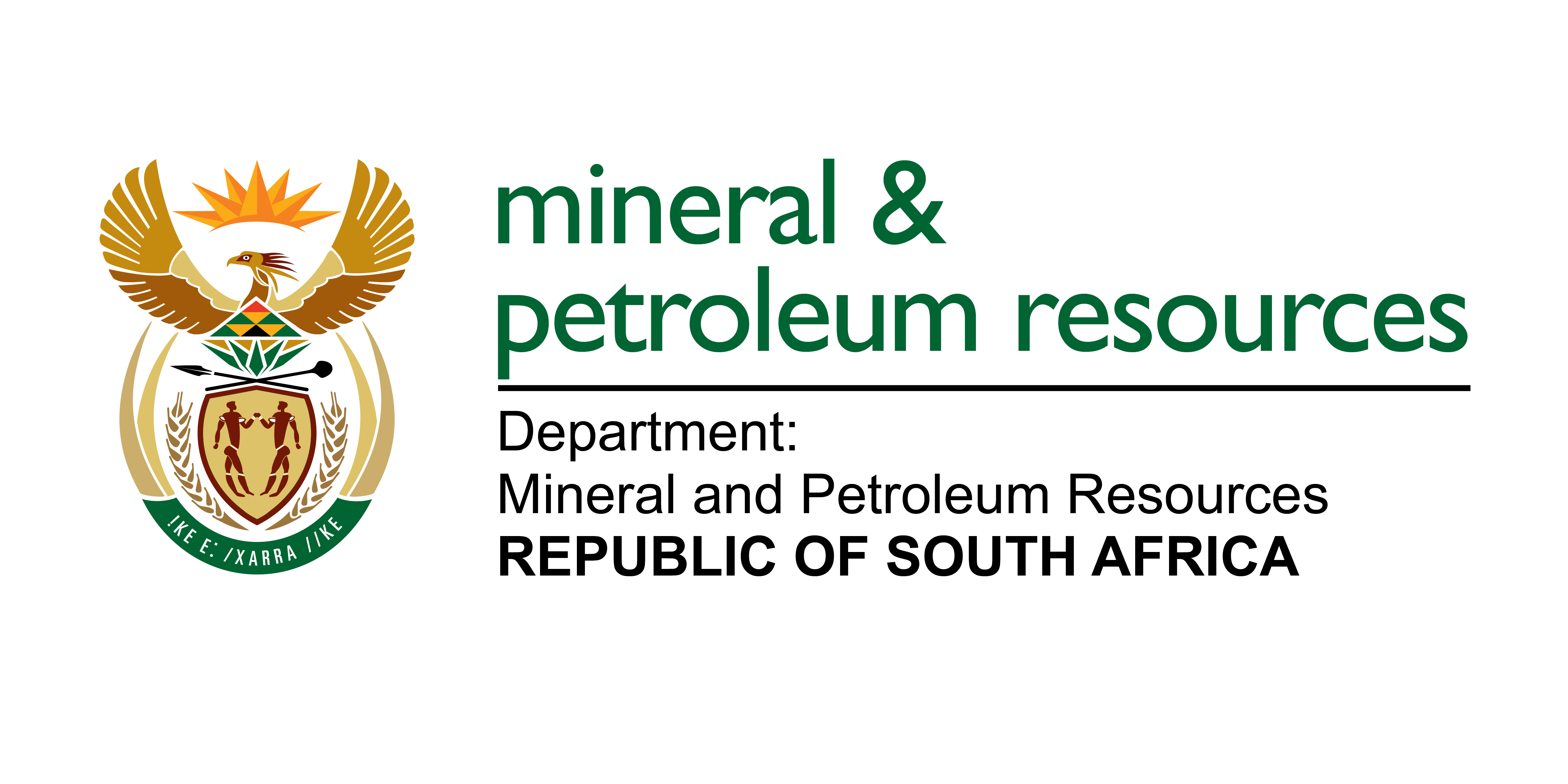-Logo_CMYK_1.jpg?width=1000&height=500&ext=.jpg)
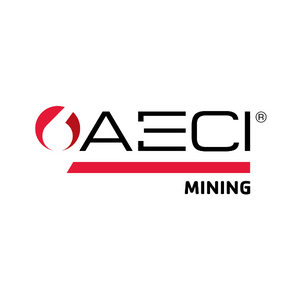


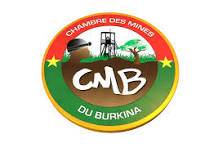
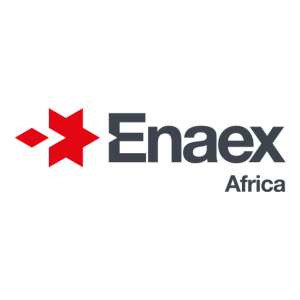
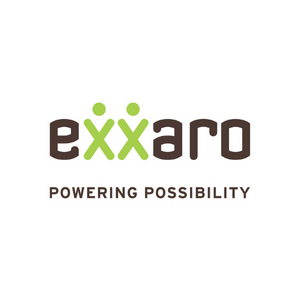
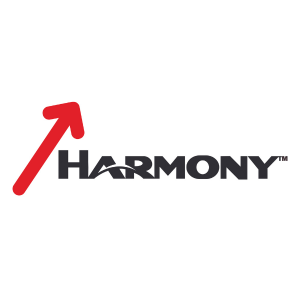
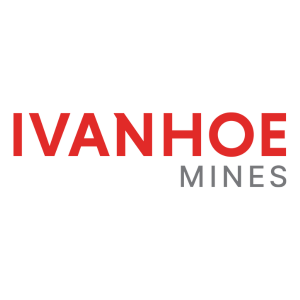
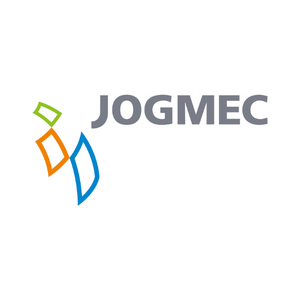
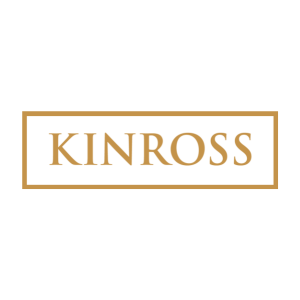
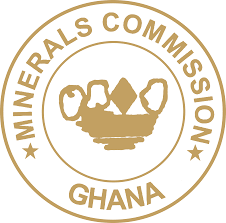
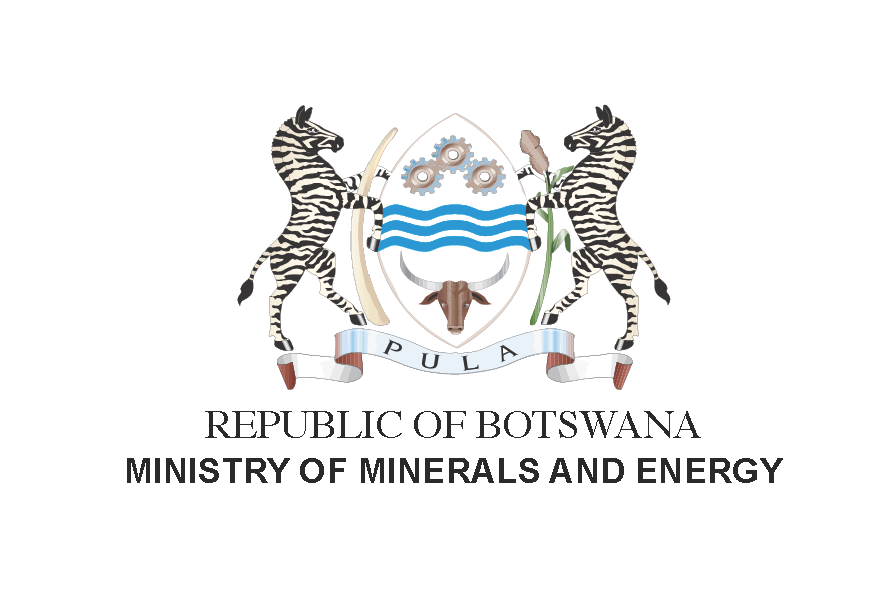.png?width=300&height=208&ext=.png)
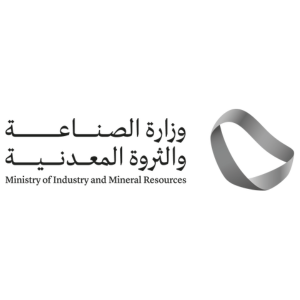
_mi25-weblogo.png?ext=.png)
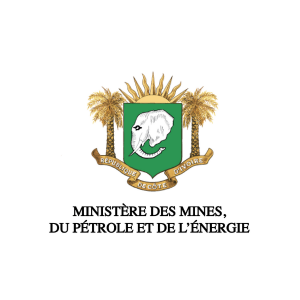
_1.png?ext=.png)


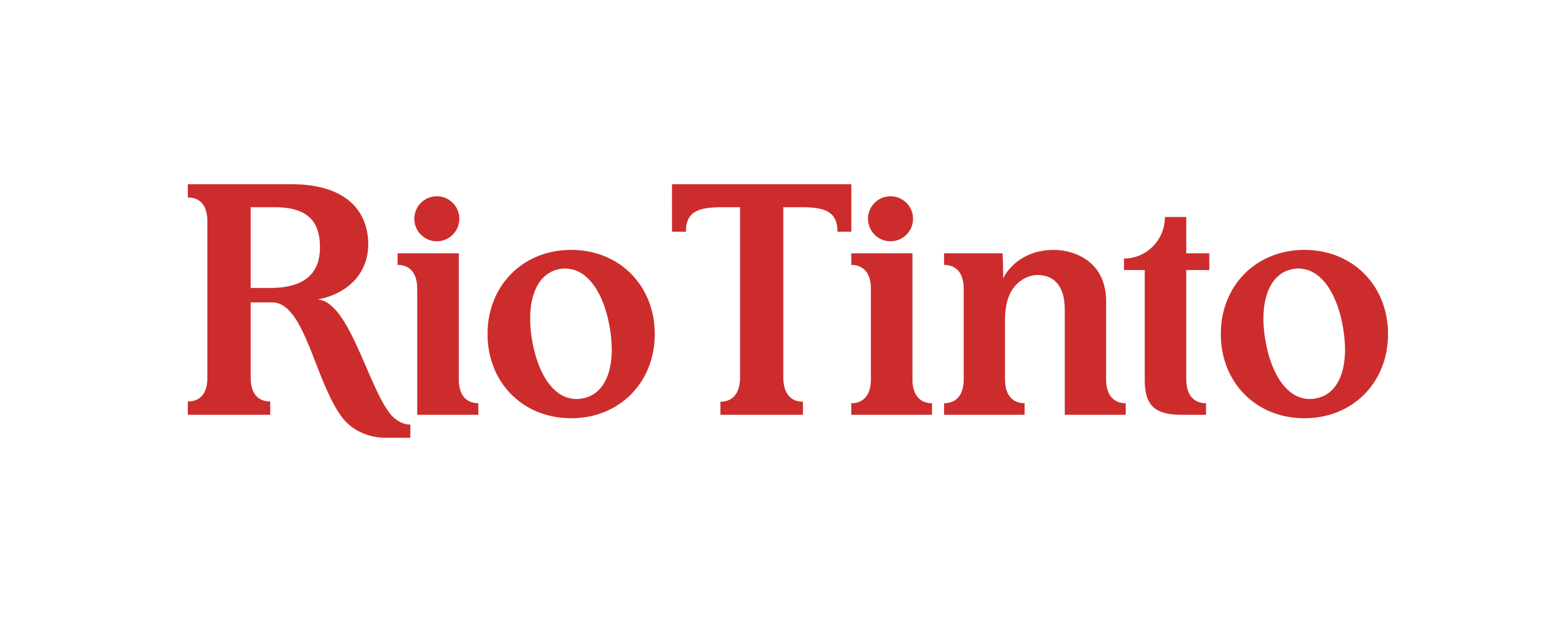



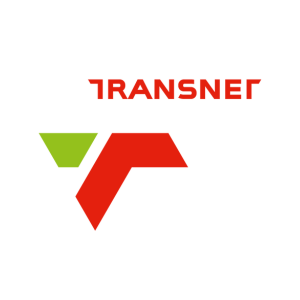


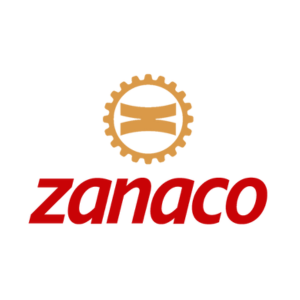
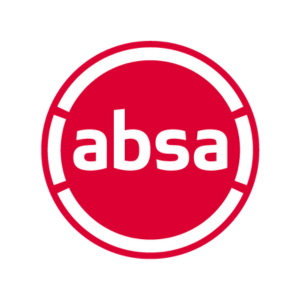
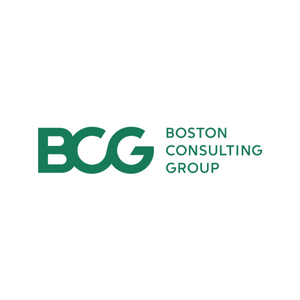
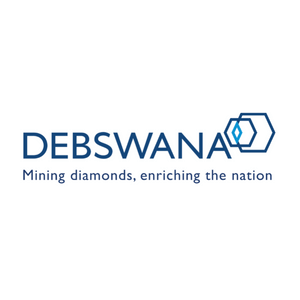



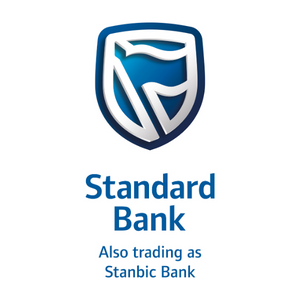


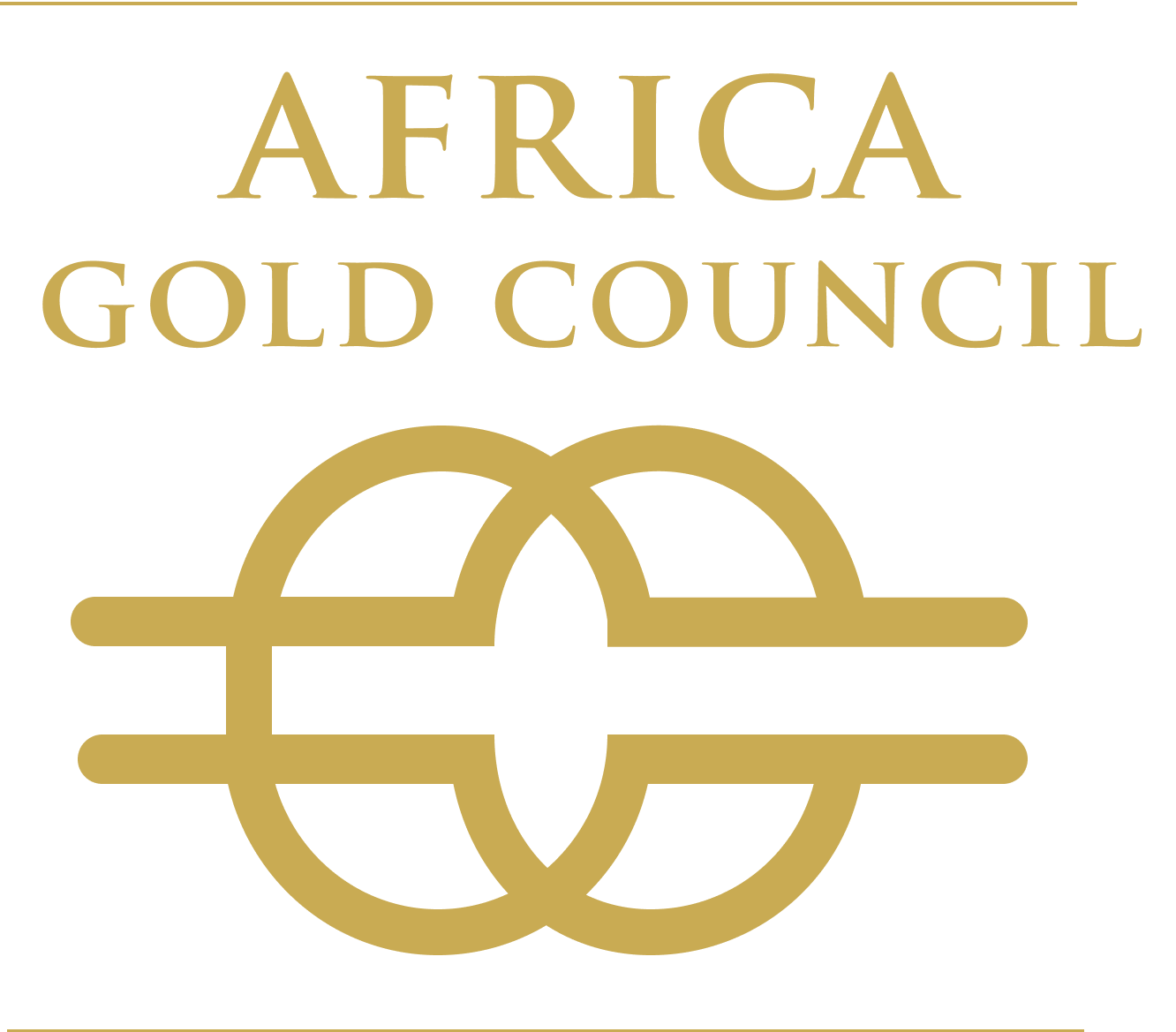

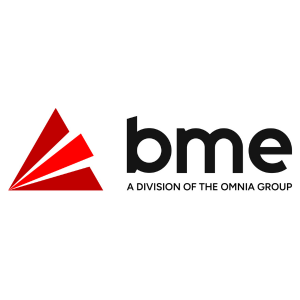


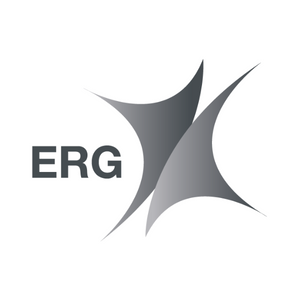








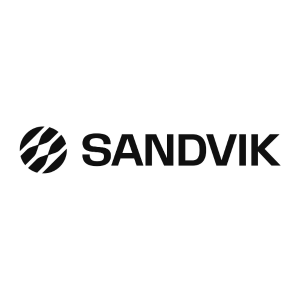

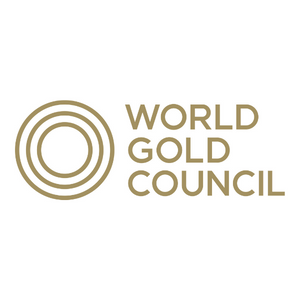
_logo.png?ext=.png)

_mi25-weblogo.png?ext=.png)

